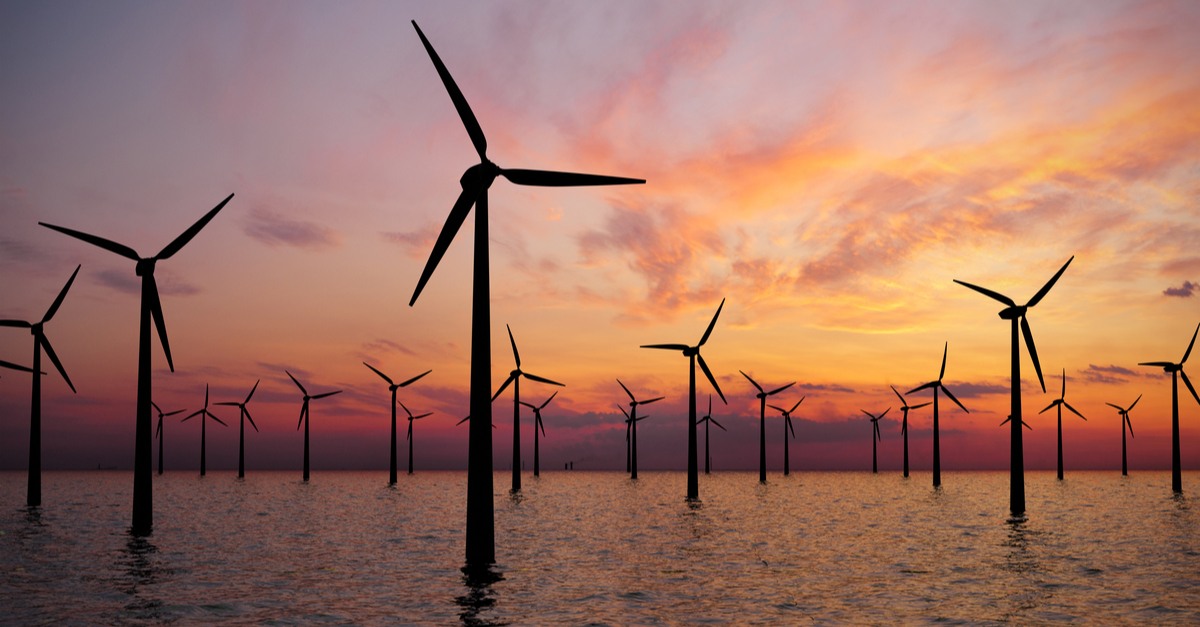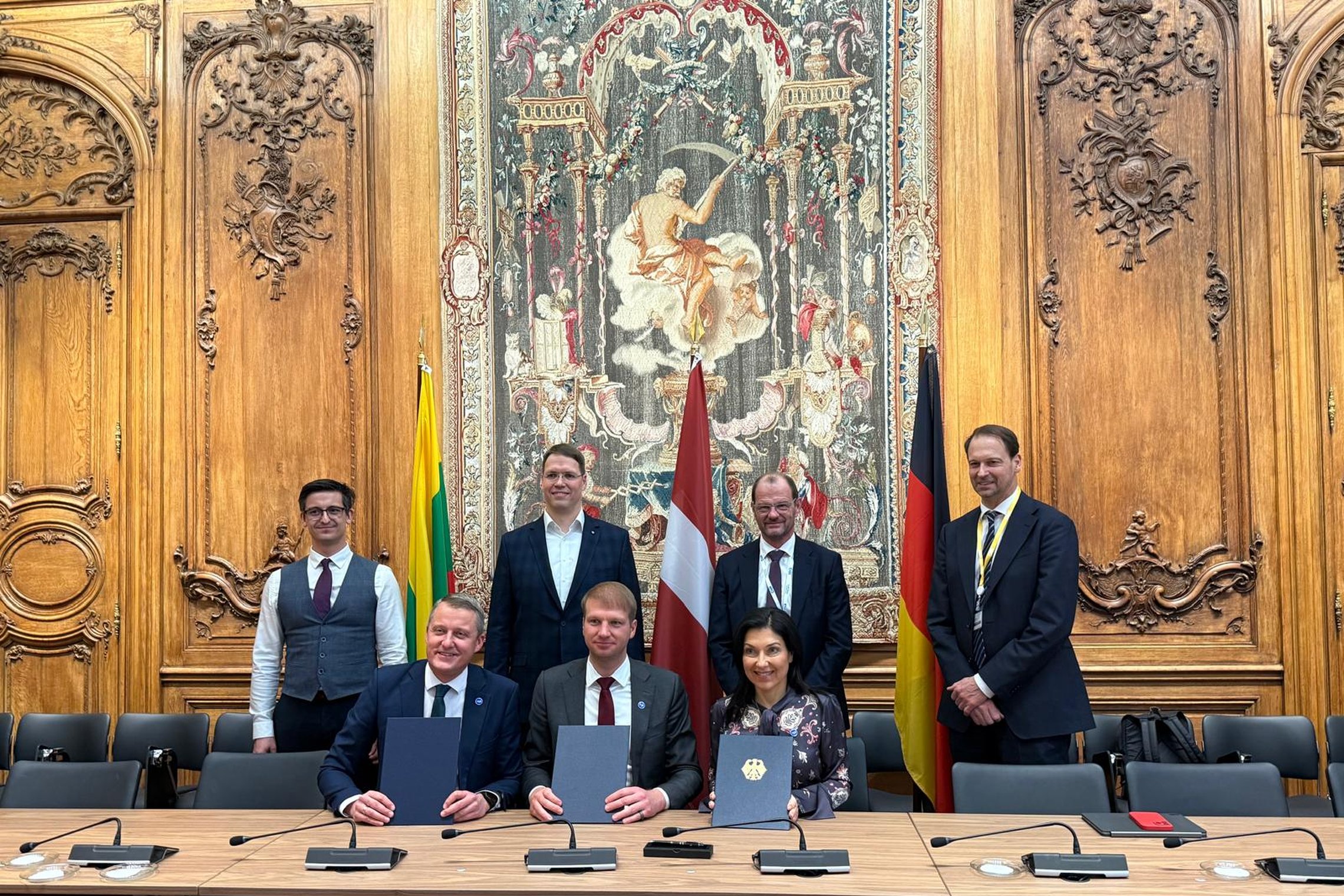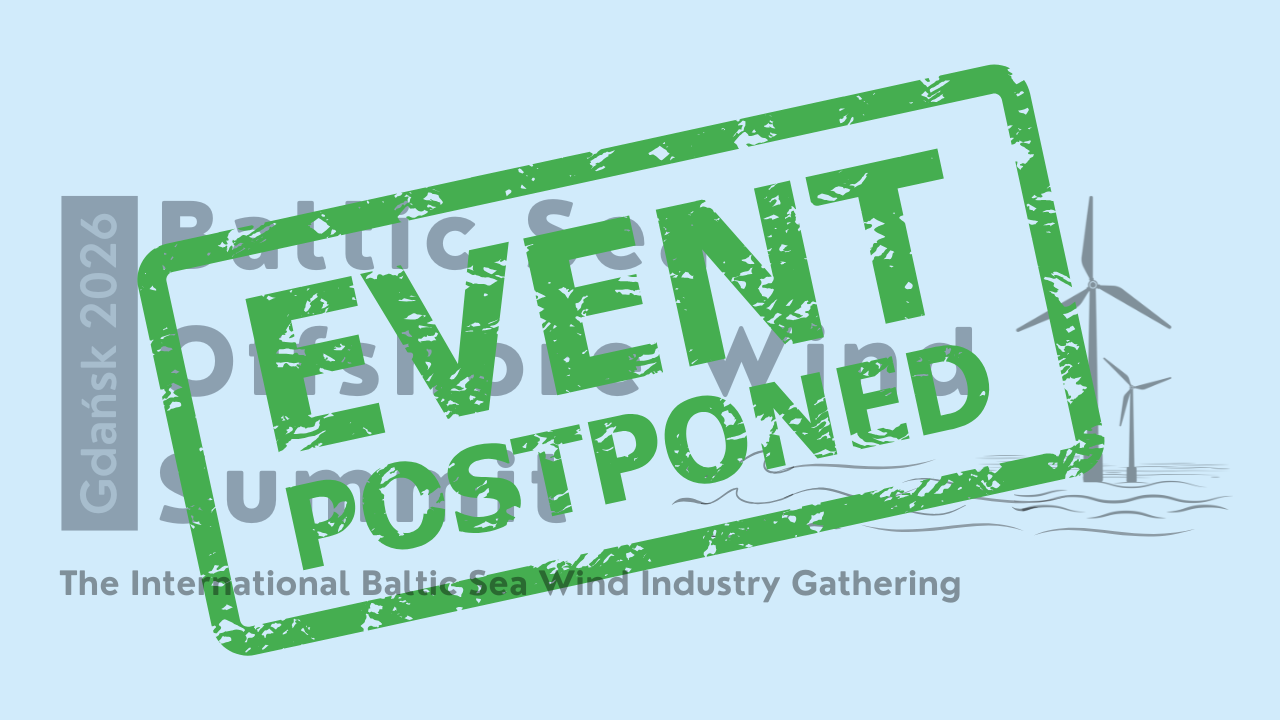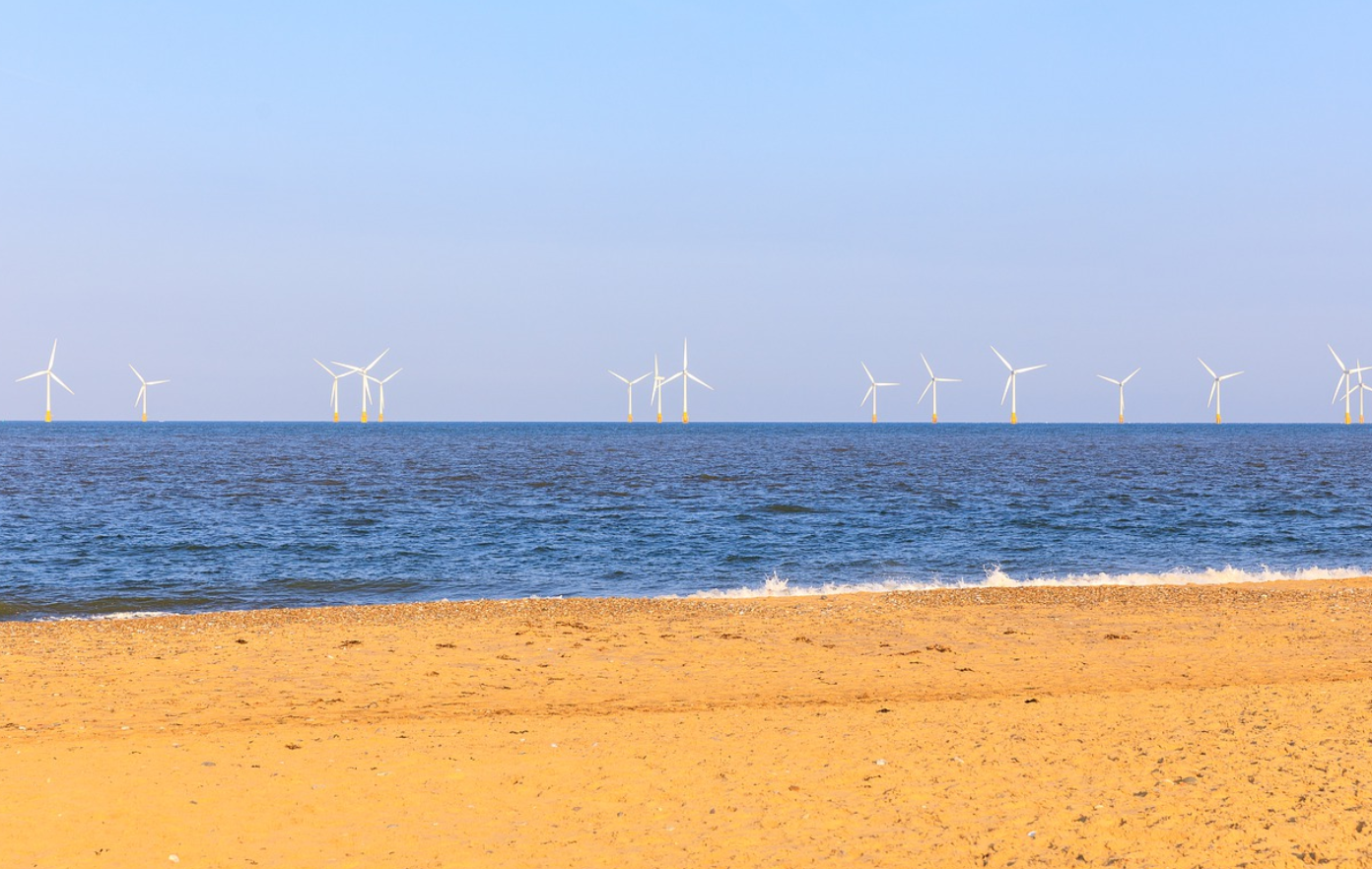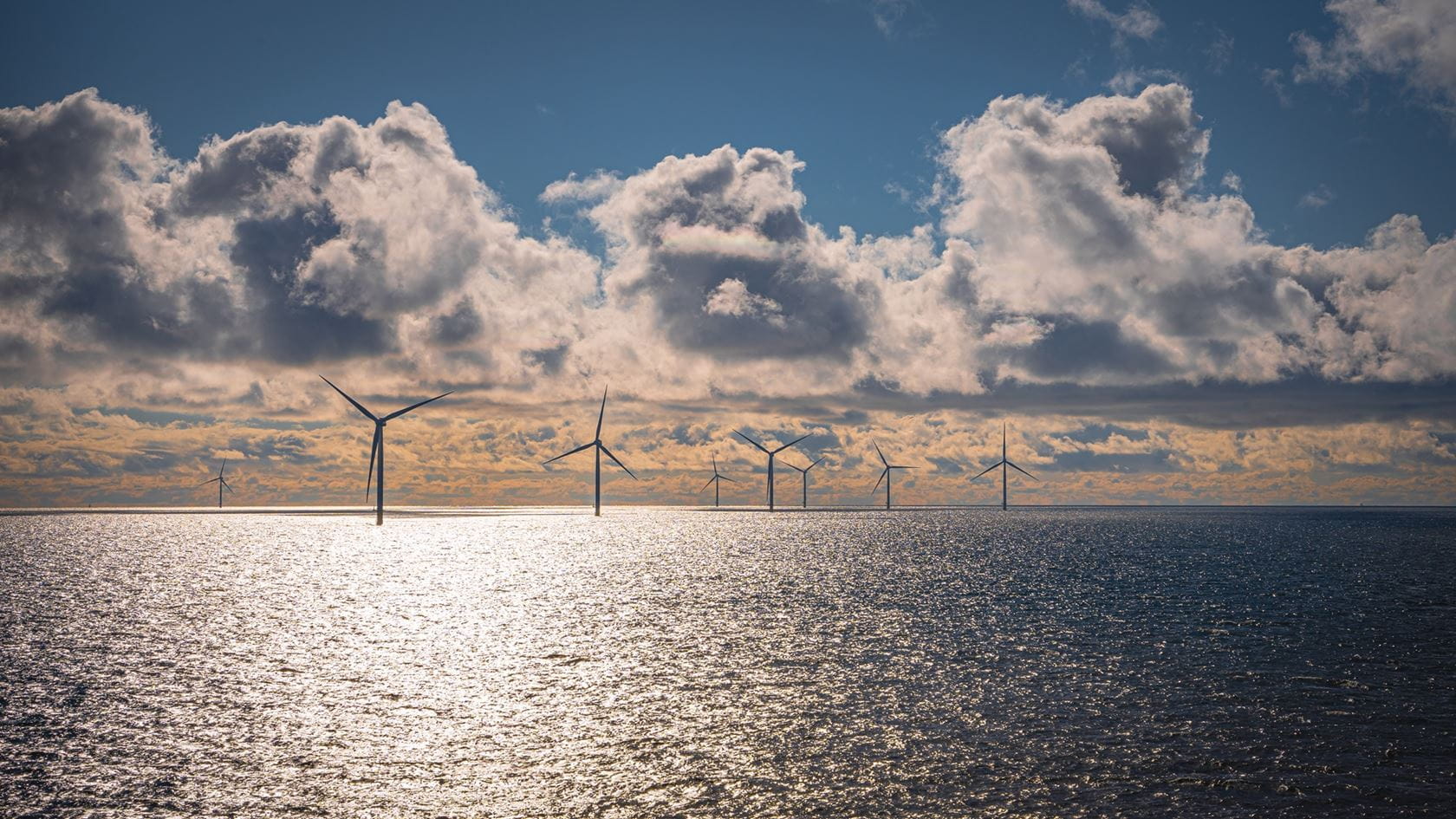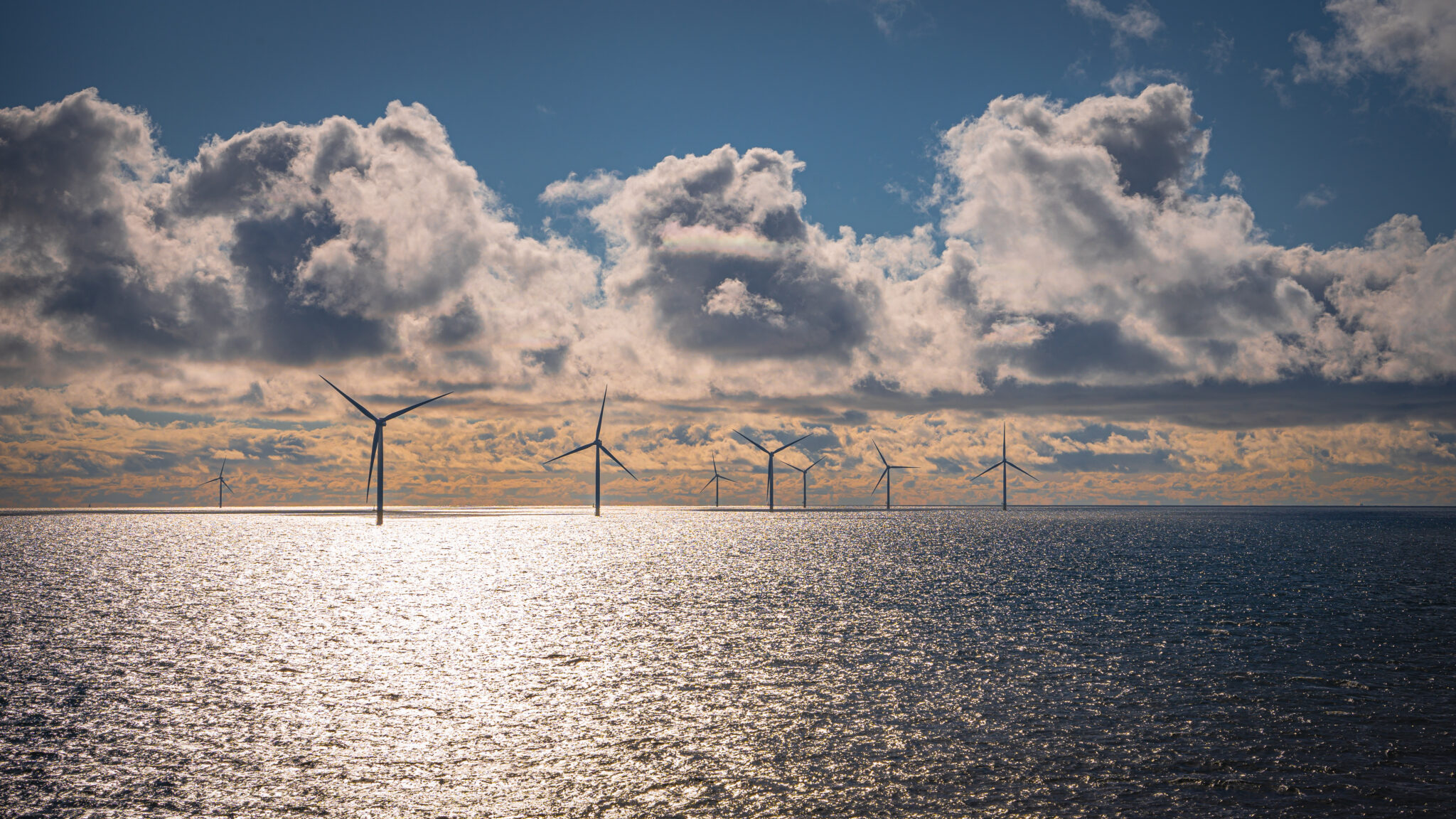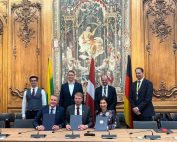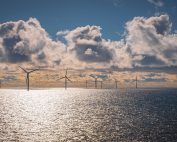On August 11, 2021, the German Ministry of Economy and Energy presented a draft regulation on the designation of other areas in the exclusive economic zone for energy production. This is about producing green hydrogen in Germany, where offshore wind power will play a major role.
As we read on the website of the ministry, the German government has started a series of consultations with federal states and industry associations on the new regulations. The draft has not yet been finalized by the federal government. Comments can be submitted until August 25th.
The Offshore Wind Energy Act (WindSeeG) contains in § 71 No. 5 the authorization for the ministry to issue an ordinance on the definition of criteria for the allocation of areas for other types of energy production. The regulation regulates the allocation of these areas on the basis of objective, understandable, non-discriminatory and effective criteria. The aim is to enable practical testing and implementation of innovative power generation concepts that do not require connection to the grid, are implemented in a spatially ordered manner and save the area of the North Sea and the Baltic Sea. The Federal Maritime and Hydrographic Agency (BSH) is due to conduct its procurement in 2022 for the first time.
What does the regulation mean? New offshore projects will be able to produce green hydrogen directly at sea, which would then be piped ashore or transported by ships. Due to the fact that they will not be connected to the power grid, and wind farms will not earn money for each kilowatt-hour produced, new criteria for their selection must be presented. The ministry proposed that the benchmark should be the annual production capacity, the ability to scale the project, the cost of energy produced and the expected environmental impact. If several projects score the same result, the benefits for the region’s economy and local employment will be the decisive criterion. Germany wants to choose the most promising and possible project that can be implemented quickly.
The regulation on other areas of energy production is expected to enter into force on October 1. It does not require the consent of the Bundestag or the Bundesrat. This means that in the next year, sites will be designated for the development of new projects. These, in turn, will be able to apply for funding under the support programs for offshore hydrogen energy.
Source: bmwi.de
